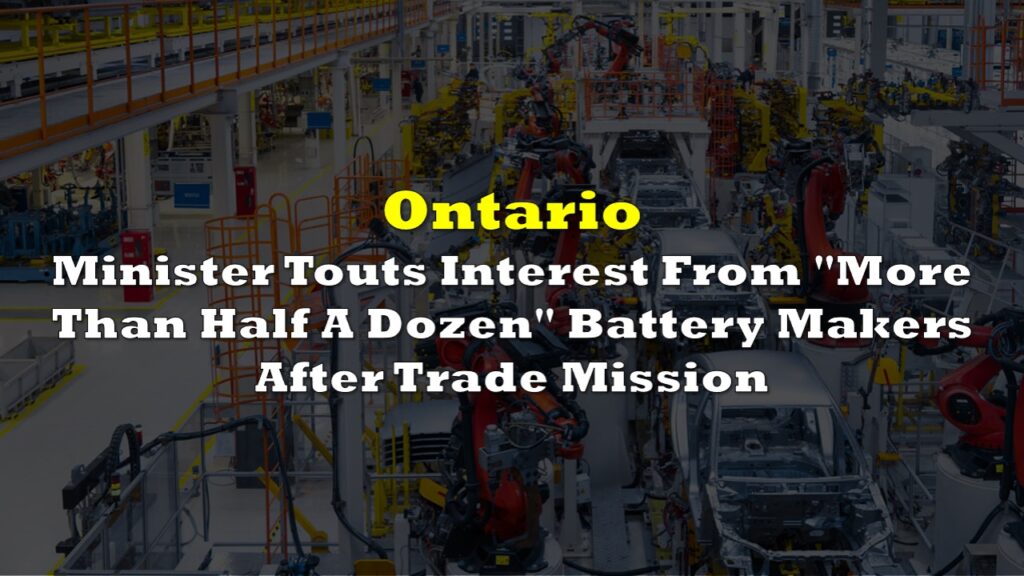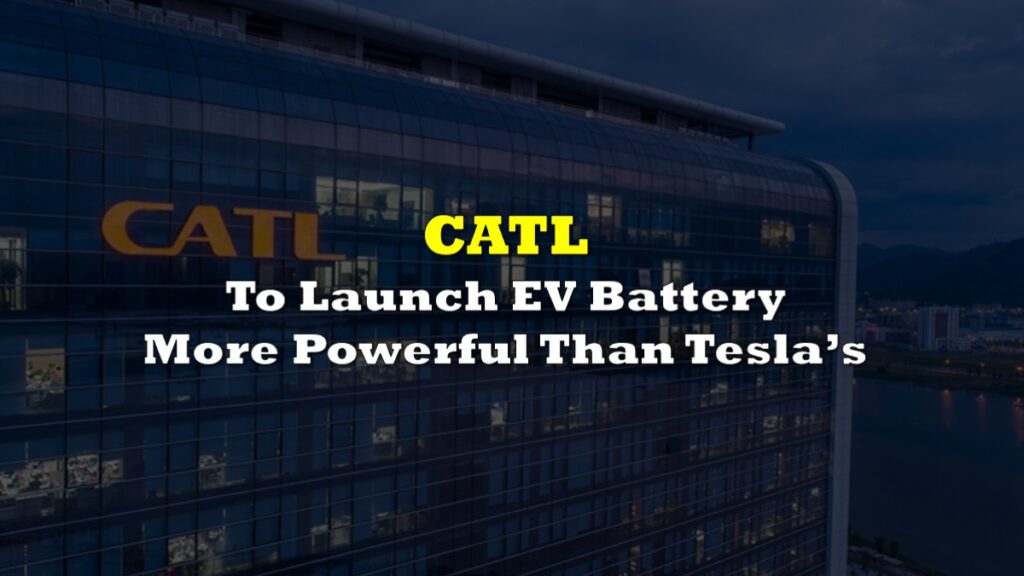The U.S. Department of Energy announced on Friday its plan to award $3 billion to 25 battery manufacturing sector projects across 14 states. This move is part of the Biden administration’s broader strategy to reorient the critical supply chain away from China, which currently dominates the production of battery materials essential for electric vehicles and renewable energy storage systems.
In total, the investments are expected to generate $16 billion in economic activity and support over 12,000 construction and production jobs across the United States, the DOE said. The projects are part of an ongoing shift aimed at securing U.S. mineral independence in the context of climate change and green technology growth.
“Mineral security is essential for climate security,” said Ali Zaidi, White House national climate advisor. “This sets us up to lead on the next generation of battery technologies—from solid state to other new chemistries.”
The funding initiative is part of the administration’s push to meet new rules governing U.S. EV tax credits, which were designed to decrease reliance on Chinese-made battery components and critical minerals. China currently processes more than 75% of all lithium-ion battery materials, which has raised concerns about national security and supply chain vulnerabilities in the event of geopolitical tensions.
The projects funded by this initiative will focus on the entire battery production process—from sourcing raw materials and recycling scrap, to manufacturing battery-grade components and electrolytes. The goal is to build a more resilient supply chain while also driving the U.S. to become a leader in clean energy technology.
Among the companies benefiting from the DOE’s awards are some of the biggest names in both American and international industry:
- Albemarle Corp. (NYSE: ALB) will receive $67 million to produce anode materials for next-generation lithium-ion batteries at its facility in North Carolina. This is part of a larger effort to develop U.S.-based lithium processing capacity.
- Honeywell International (NASDAQ: HON) is set to receive $126.6 million to build a commercial-scale facility in Louisiana. This facility will produce a critical electrolyte salt needed for lithium-ion batteries, which until now has been predominantly sourced from China.
- Dow Inc. (NYSE: DOW) will be awarded $100 million to focus on producing battery-grade carbonate solvents, essential components for lithium-ion battery electrolytes, at its U.S. facilities.
- Clarios Circular Solutions, in collaboration with South Korean companies SK ON and Cosmo Chemical, will receive $150 million for a project in South Carolina aimed at recycling lithium-ion battery production scrap materials. This project is particularly significant, as most U.S. production scrap is currently shipped overseas—mainly to China—for processing.
The funding also targets emerging technologies such as Direct Lithium Extraction, which could revolutionize the way lithium is sourced in the U.S. SWA Lithium, a partnership between Standard Lithium (TSXV: SLI) and Equinor (OSLO: EQNR) will receive $225 million for lithium carbonate production using DLE technology, an environmentally friendly approach that extracts lithium from brine.
TerraVolta Resources will also receive a similar amount to produce lithium through DLE technology in brine deposits.
In partnership with Lundin Mining (TSX: LUN), Revex Technologies will receive $145 million to construct three facilities in Michigan. These facilities will recycle waste from the only operating U.S. primary nickel mine, producing enough nickel to support the production of 462,000 EV batteries annually.
South32 Hermosa will receive $166 million to mine high-purity manganese sulfate monohydrate (HPMSM) in Patagonia, Arizona. HPMSM is a crucial component in EV battery chemistries, and over 96% of the global supply is currently sourced from China. Another HPMSM project led by Element 25 (ASX: E25) will receive $166.1 million to develop production in Louisiana, utilizing manganese ore sourced from an Australian mine.
Several U.S.-based companies will also receive significant funds to build new facilities aimed at reducing dependence on foreign materials: Group14 Technologies will receive $200 million to develop a silane manufacturing plant in Washington state. Silane, a crucial material for silicon batteries, is currently primarily sourced from China. The new facility will be the largest of its kind in the U.S., enhancing domestic capacity for cutting-edge battery technologies.
Birla Carbon will receive $150 million to produce next-generation synthetic graphite, another material predominantly supplied by China. The new graphite production facility is a key part of the Biden administration’s strategy to reduce reliance on foreign sources of battery components.
This latest round of funding follows a $1.82 billion investment made by the DOE last year to support 14 other battery-related projects. Combined, these investments signal a long-term commitment by the U.S. government to build a robust and secure domestic supply chain for EV batteries and other clean energy technologies.
However, these projects still have hurdles to clear before the funds are officially distributed. Each selected company will need to complete negotiations and undergo environmental reviews, ensuring that the projects comply with federal regulations on sustainability and community impact.
Information for this briefing was found via Reuters and the sources mentioned. The author has no securities or affiliations related to this organization. Not a recommendation to buy or sell. Always do additional research and consult a professional before purchasing a security. The author holds no licenses.









